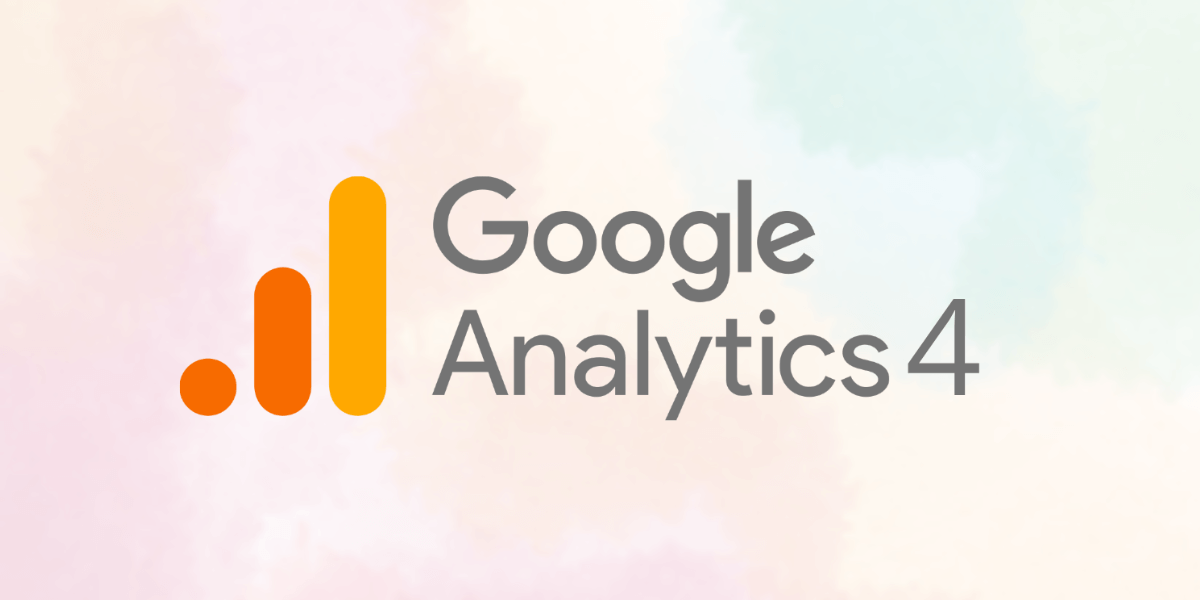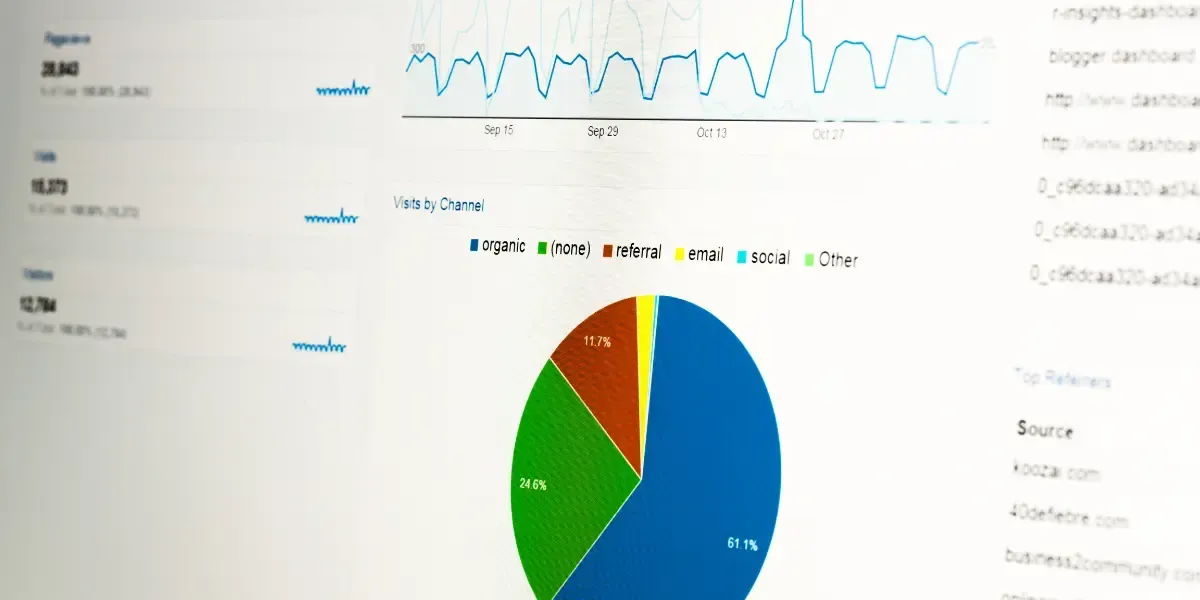Say Goodbye To Universal Analytics Embracing Google Analytics 4

Well, the time is finally here – Universal Analytics has now stopped collecting your business’s data for good. We are now in the era of Google Analytics 4! We thought it would be a good idea to refresh your memory about what this change means for you and your business.
Contents
- The Limitations of Universal Analytics
- What are GA4’s Key Features and Benefits?
- Why Are These Tracking Changes Important?
- Transitioning from UA to GA4
Listen to this article
In this blog, we will delve into the world of SEO and explore various strategies and techniques that can put your business on the map, quite literally! From Google My Business optimisation to local citation building, we will uncover the secrets to enhancing your local online presence and effectively engaging with your target audience.
We will discuss the features and benefits of Universal Analytics, as well as the challenges it faced in today’s digital landscape. Introducing GA4 as the solution will highlight the need to transition from Universal Analytics to GA4 for more comprehensive tracking and measurement.
The Limitations of Universal Analytics
There are a number of reasons that Google has sunsetted Universal Analytics. As an analytics platform, UA has been around since 2005. However, with the launch of Google Analytics 4 (GA4), Google is adapting to the changes in tracking that businesses require. One major limitation of Universal Analytics was its struggle to track user interactions in a multi-device, cross-platform environment. This limitation significantly impacted businesses and their ability to gather accurate and comprehensive data.
In addition, UA had strict data limits, processing only 10 million hits, 500 hits per session, and 200,000 hits per user per day. These data limits were a hindrance to businesses striving for in-depth analysis.
Fortunately, GA4 addresses these limitations by removing data limits, allowing businesses to gather and analyse data without constraints.
What are GA4’s Key Features and Benefits?
So, with an eye towards the future, let’s explore what features GA4 offers and how they can be of benefit to your business. To start with, GA4 boasts improved customer journey tracking by helping to identify their touchpoints with your brand across multiple devices and platforms. This enhanced cross-platform tracking allows for a seamless understanding of user interactions, enabling you to optimize your marketing strategies accordingly.
Furthermore, GA4 incorporates machine learning, providing deeper insights and predictive analytics, enabling you to uncover valuable patterns and trends that can drive your business forward. Privacy and data control are also prioritized, ensuring compliance with privacy regulations. With simplified goals and events setup, enhanced visualizations and reporting, as well as more powerful audiences for your ad campaigns, GA4 offers a plethora of parameters that can elevate your business’s performance and user engagement analysis. Embrace the future of analytics with GA4 and unlock new opportunities for growth.
Why Are These Tracking Changes Important?
Being able to more accurately measure customer interactions with your website can only be considered a great benefit for businesses. In today’s fast-paced digital landscape, where customers effortlessly switch between devices and platforms, keeping up with their behavior is like chasing a shape-shifting puzzle.
However, by embracing comprehensive tracking, businesses can unlock the secret code behind user behavior, paving the way for optimized marketing campaigns and improved overall performance.
It’s like donning a pair of high-tech glasses that reveal hidden insights, allowing businesses to connect the dots and deliver exceptional experiences that keep customers coming back for more. From the first click to the final purchase, comprehensive tracking is the compass guiding businesses towards success in the ever-evolving digital realm.
Transitioning from UA to GA4
The transition for marketing teams across the globe is going to be touch and go for a while. Clickthrough offers comprehensive GA4 training for in-house marketers to continue with their marketing reports as usual and keep track of the success of their marketing endeavors.
But how can businesses navigate this process smoothly? Our experts provide guidance on transitioning from Universal Analytics to GA4, ensuring a successful shift. We discuss the steps involved, potential challenges, and best practices to embrace during this transformative journey. Worried about this change? Don’t be! We will make sure this transition is as smooth and seamless as possible for you and your business.
Conclusion
For those of you who grew attached to Universal Analytics over the years, this change is unavoidable. However, future-proofing your business’s analytics needs is necessary by adopting GA4. Staying up-to-date with analytics technologies is crucial in the ever-evolving digital landscape. Making the transition to GA4 offers long-term benefits that can contribute to the success of your business.
By embracing this change, you can ensure that your analytics capabilities remain relevant and effective, enabling you to make informed decisions and stay ahead of the competition. Future-proofing your analytics is an investment in the future, empowering your business to thrive in the dynamic world of data-driven insights. Contact us today to learn more about our GA4 training.
FAQ
How does Google Analytics 4 impact reporting compared to Universal Analytics?
Google Analytics 4 introduces a new data model and reporting interface, providing more advanced insights and focusing on event-based tracking rather than page views.
Can I still use Universal Analytics alongside Google Analytics 4?
Before July 1st of 2023 this was possible, as of now thought Universal Analytics no longer processes your website data. Transitioning to GA4 is the way forward with Google Analytics.
Digital Blog












